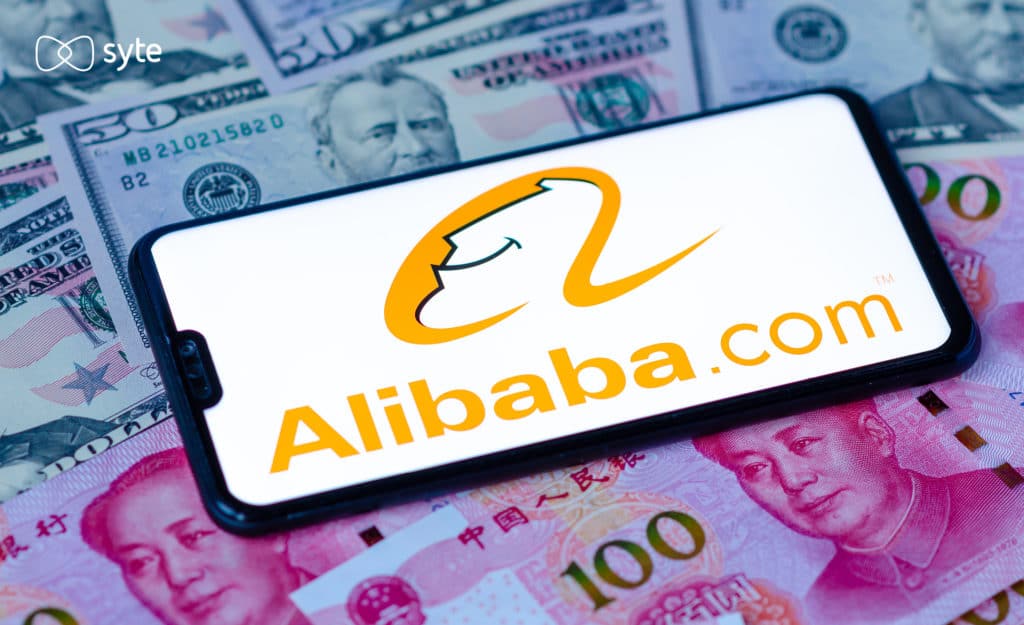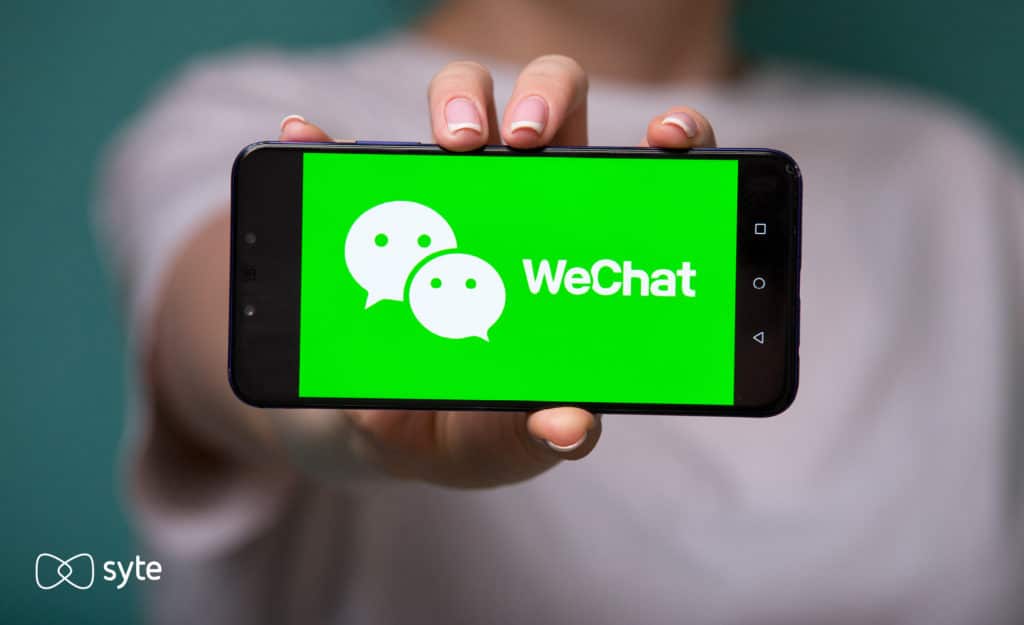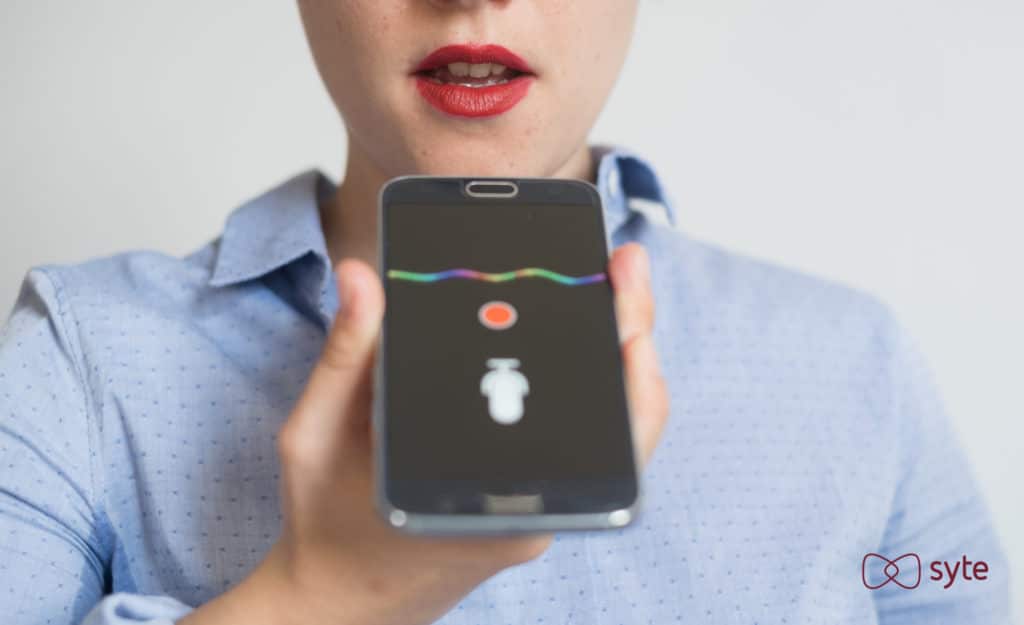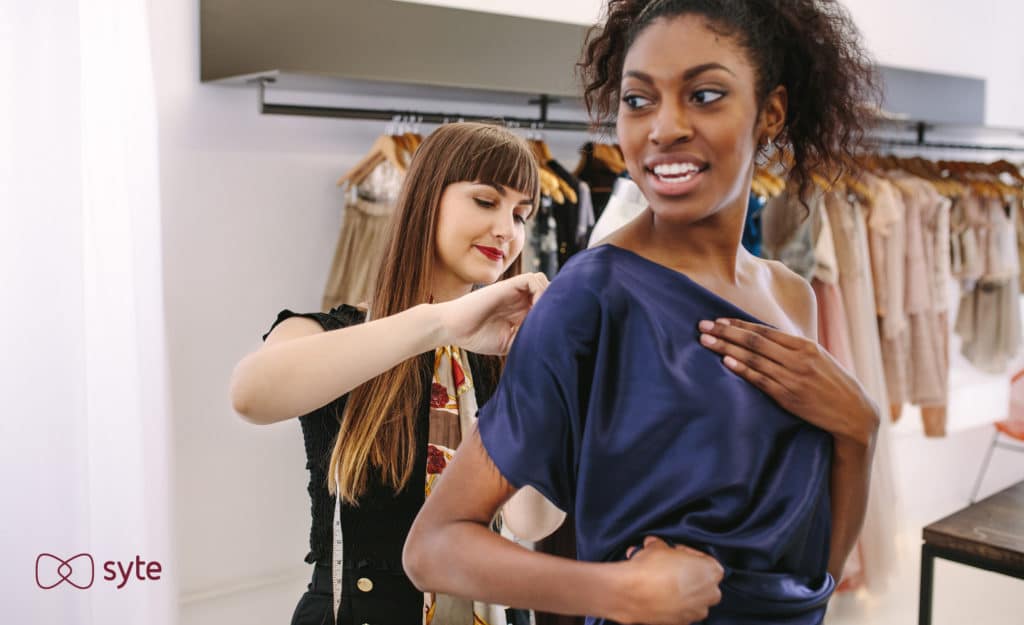Black Friday and Cyber Monday (BFCM) is the largest shopping event in the United States, but in Asia that title belongs to another holiday in November. Singles Day, which takes place on November 11th, brought in $115 billion in sales in 2020 — nearly four times the total revenue of BFCM. It’s become a huge opportunity for thousands of brands and retailers to debut new products, gain new followers, and drive revenue.
In such a saturated market, it’s absolutely critical to provide new and returning customers with a stellar online shopping experience. In this post, we shine a spotlight on a few key players that nailed it last year with unique, innovative, and engaging CX that you can consider for your own brand in the upcoming 2021 holiday season. Let’s dive in!
What Is Singles Day?

Singles Day traces its roots back to 1993 when a group of Chinese university students decided to set aside a special day of events and celebrations in honor of being single. They chose the date 11.11 because it is composed only of ones (11.11), representing singledom. Over the years, the unofficial holiday grew in popularity and spread throughout Southeast Asia. Then in 2009, Chinese tech giant Alibaba transformed the holiday into an eCommerce powerhouse event known as the Double 11 Shopping Festival.
What Makes Singles Day So Successful?

According to Chris Tung, Alibaba’s CMO, the Double 11 festival redefined eCommerce as a form of entertainment.
“For example, we created a Double 11 gala, which is a live TV show. It happens typically in the evening of November 10, just a few hours before we take the experience into the shopping day,” he explained. “We work with major TV networks and create a TV show that’s live, with a lot of international artists. Throughout the four hours, you have to use your mobile phone to interact with your TV non-stop.”
This focus on the intersection of retail and entertainment – or retailtainment – has allowed Alibaba to connect consumers with merchants in new and creative ways that millions of shoppers look forward to every year.
Six Unique and Engaging Singles Day Customer Experiences
By constantly finding new ways to innovate the online shopping experience, 11.11 has become a thrilling event for both shoppers and global brands alike. With some 342 brands surpassing over $15 million in gross merchandise value (GMV) last year, let’s look at six innovative Singles Day customer experiences for inspiration.
1. Exclusive campaigns for chat groups

By participating in chat groups and online communities, eCommerce retailers can unlock long-term relationships with shoppers that boost direct engagement. When done right, this tactic can build and nurture a strong sense of brand loyalty.
Moreover, having unique campaigns on specific channels promotes a sense of exclusivity which is a great way to boost shoppers’ affinity for your brand. For example:
- Last year on Singles Day, Dior launched a campaign for limited-edition handbags on WeChat, the popular Chinese messaging and social media app.
- Ralph Lauren also held promotions on WeChat, including a limited-edition collection of polar bear themed items that encouraged users to sign up to its official WeChat CRM system.
2. Sophisticated AI technology that eliminates UX friction

Brands and retailers can remove friction throughout the customer journey with a number of different and engaging AI technologies. Here are three examples of AI tech used by Alibaba:
- Voice command – Alibaba processed over a million orders on Singles Day 2020 through voice command on Tmall Genie.
- 3D avatar – A unique interface with a 3D avatar helped consumers make purchasing decisions by virtually trying on clothes and jewelry. The introduction of this tech last year resulted in a 20% increase in Alibaba’s conversion rate on Singles Day.
- Virtual customer service assistant – A customer service chatbot called Alime Shop Assistant processed 97% of Alibaba’s online enquiries on Singles Day 2020.
Another AI technology to consider is visual search, which enables shoppers to upload photos of outfits or products they like and then find similar items to purchase.
3. Livestreaming as retailtainment

Livestream shopping has become extremely popular in recent years. Streamers come from all sorts of diverse backgrounds — they can be anyone from celebrities to brand executives or employees to regular shoppers or major online marketplaces. Livestream events themselves can also vary. For example:
- On Singles Day, Alibaba livestreams its annual “See Now, Buy Now” fashion show that allows viewers to purchase products they see on the runway in real-time. The tech giant also hosts a live gala event with world-famous entertainers that in past years has included performances by Mariah Carey, Katy Perry, and Pharrell Williams.
- JD.com, Alibaba’s key rival, held a “Super Livestream Night” last year that generated $15 million in only six seconds.
- Valentino hosted a live fashion show and promoted limited-edition products and gifts like a $2,500 mahjong set. The luxury brand also set up a virtual store on Tmall that allowed users to virtually explore and buy the items on the shelves.
- Shiseido took a different route and relied on its employees (instead of influencers) to promote products on Singles Day.
4. Gamification for the win
In 2020, about 800 million shoppers participated in Singles Day, and this attracted more than 250,000 brands. This means that brands and retailers who want to stand out must actively demonstrate creativity in their campaigns — or they can easily get lost in the shuffle. One innovative way to do that is through gamification. For example:
- Michael Kors built a Casino Royale-inspired mini-game on WeChat where users could play digital poker or try their luck with virtual slot machines. After each game, players could receive random discount codes for use only on Singles Day.
- Another mini-game, Gai Lou, by Alibaba-owned Tmall relied on the power of social circles to increase the platform’s stickiness ahead of Singles Day. In this game, players joined groups and competed against one another to build a virtual store in the shape of a tower. Then they’d win (or lose) Hong Baos, red envelopes containing shareable virtual money.
5. Order predictions, recommendations, and faster shipping

A famous quote from Steve Jobs says, “Our job is to figure out what they’re going to want before they do.” Knowing and providing what customers need, want, and expect is an advantage for any brand— but much more so for eCommerce merchants where competition is cutthroat.
When it comes to Singles Day, brands and retailers can study general research on popular items that shoppers are searching for, such as footwear, clothing, sports & fitness apparel, and headphones — and then prepare for the uptick in demand for these verticals. Alibaba took this one step further by using AI algorithms to predict customer orders. In fact, “More than 80% of 2018’s pre-loaded boxes successfully reflected actual purchases, and therefore could be shipped out on the same day without any alteration,” a staffer of the Chinese tech company shared.
One way to accurately predict demand and make informed inventory and warehousing decisions is to make use of visual AI data. By understanding which products and visual attributes shoppers actually want and by analyzing their subsequent on-screen actions, you can clearly discern what your audience is looking for — and what they are not. Then you can enable a personalization solution that recommends the most relevant products to shoppers, which creates a truly memorable and valuable online shopping experience.
6. Additional incentives for omnichannel shoppers

In 2009, Alibaba turned Singles Day into a major digital shopping event. Ultimately however, the brick-and-mortar side of retail caught up, and this provided more shopping touchpoints for customers. While an offline strategy might be less relevant today because of the pandemic, there are still opportunities in omnichannel retail and, as in-store shopping resumes in the post-COVID era, these opportunities will only grow in number. Here are some tactics to consider to improve your brand’s blended shopping experience:
- Intime, a department store chain, released a mobile app where 60% of customers made purchases which they had to pick up in-store. To speed up the average transaction time from 2-3 minutes to 58 seconds, the store enabled shoppers to pay in advance online instead of at the cashier checkouts.
- Another example of a brand that has a sophisticated online to offline (O2O) strategy is Uniqlo. It identified top product lines to target, offered lower in-store prices, and gave shoppers within the store vicinity higher value coupons — all executed via a combination of mobile, email, and social ads.
What Now?
The Double 11 Shopping Festival offers a treasure trove of exciting customer experiences and innovative marketing strategies that have a proven track record of boosting sales and engagement. Whether your brand is participating in Singles Day or not, we hope this list serves as inspiration while you prepare your marketing and advertising campaigns for this year’s holiday season.